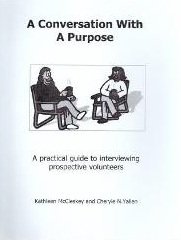The Graduate School USA and the Management Institute for National Development (MIND) worked in partnership to deliver a Management Analysis Training Program to the Government of Jamaica. The training took place in Kingston, Jamaica from February to August 2011.
Twenty-seven participants, representing the Jamaican Cabinet Offices, participated in the training program. Graduate School USA instructors Kathy McCleskey, Dit Talley, Art Casabianca, and Mark Meza worked with their counterparts from MIND to assess participants’ training needs, develop curriculum, deliver courses, and conduct assignments.
The graduation ceremony took place at the MIND training facilities on December 10, 2011. Dr. Jerry Ice, Graduate School USA CEO and Mrs. Ruby Brown, MIND CEO, welcomed the participants and awarded certificates to the 2011 graduates. Other guests who attended the graduation ceremony included The Honourable Arthur Williams, Minister Without Portfolio with Responsibility for Information, the Public Service and Cabinet Office; Mr. Wayne Jones, Senior Advisor, Public Sector Establishment Division, Cabinet Office; Mr. Oneil Grant, President, Jamaica Civil Service Association; and Mrs. Judith Ramlogan Chung, Chief Executive Officer, Companies Office of Jamaica.
For more information about the program and about partnership opportunities please contact Olena Yanakova-Lange, Program Manager, at olena.lange@graduateschool.edu
 We liked the layout of this book, which is written by Kathleen McCleskey and Cheryle N Yallen.
We liked the layout of this book, which is written by Kathleen McCleskey and Cheryle N Yallen.